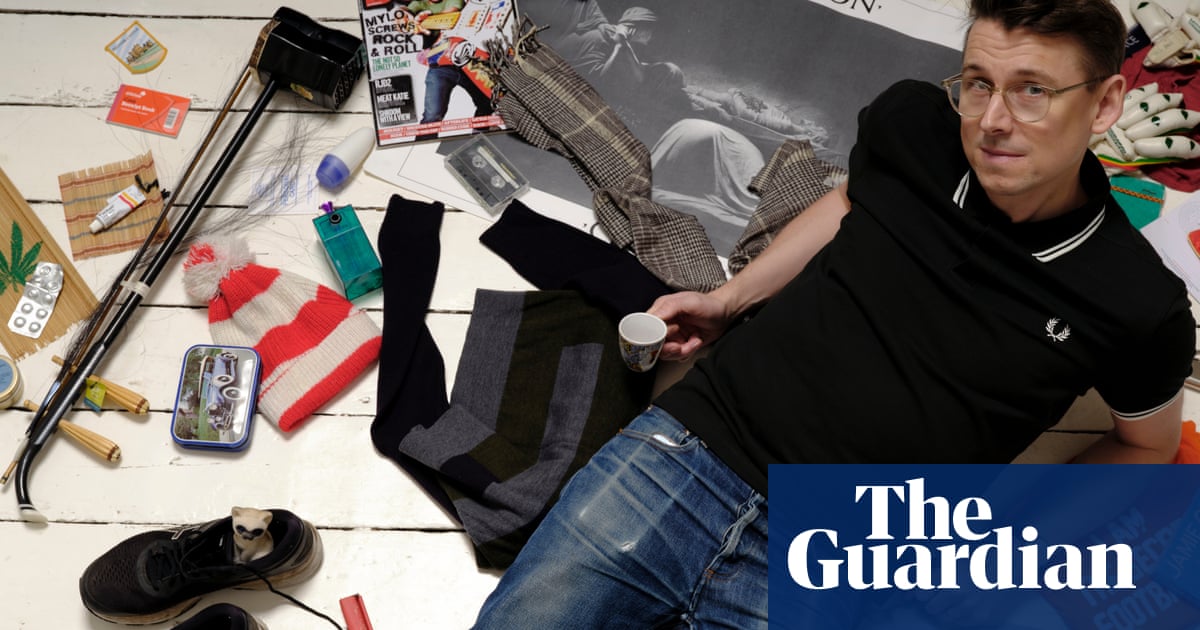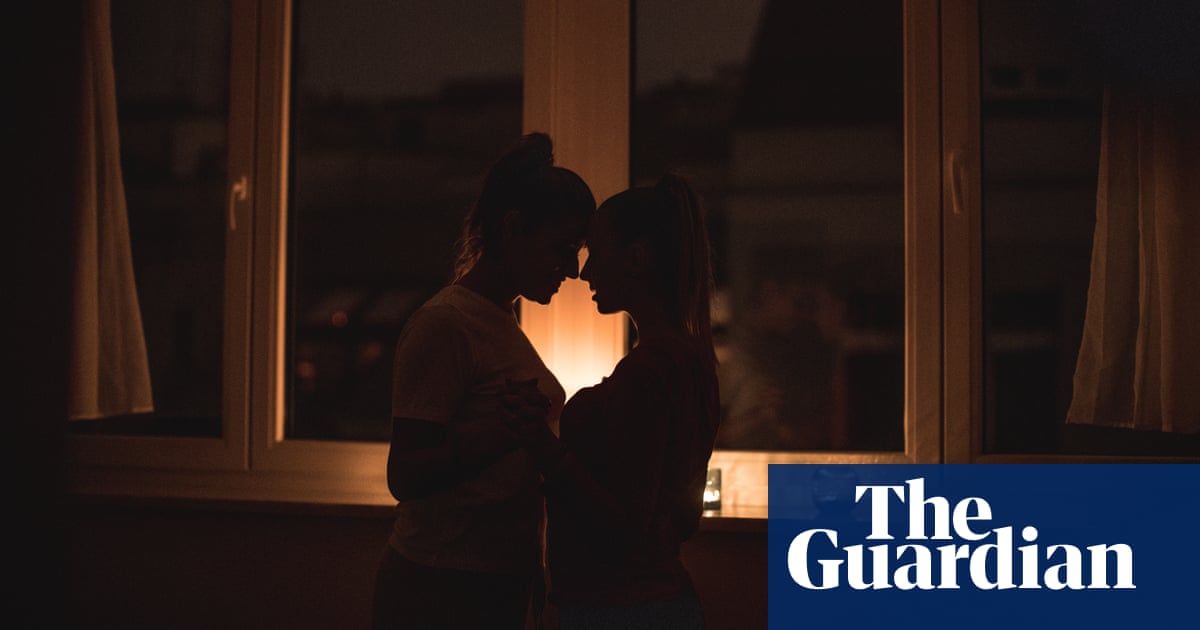
round two years ago I went on a Tinder date with a man who could be described as a public figure. He spoke about himself a lot and didn’t ask me any questions. In an act I found more sinister than erotic, he kept pressing his knee against mine below the table, all the while leering and maintaining eye contact. But I can’t really condemn him for that, because what constitutes a “leer” instead of a “winning smile” is entirely subjective. If someone I’d been attracted to had behaved in the same manner I would have found it thrilling; I’d have leered and pressed my knee right back. I don’t believe that clumsy attempts at seduction and sexual harassment are the same thing.
The next time I saw him, though, he did cross a line. I was drunk on a night out (meeting him was incidental, I hadn’t planned to see him again) and when the bar shut, he invited me back to his flat for a nightcap. I agreed, simply because I wanted to keep drinking, but I told him clearly that nothing was going to happen. We sat up talking for a few hours and I ended up staying over. When I tried to go to sleep, he attempted to initiate sex, repeatedly touching me without my consent. I must have said “No” six times before finally saying it with sufficient force that he replied, “I don’t know about you any more” and, with an almost comic level of huffy passive-aggression, turned around to face the other direction. He acted with such a sense of aggrievement that I actually felt guilty, and the next morning I even apologised. But the more I thought about it, the more violated I felt. I’d asked him to stop touching me and he hadn’t – I wasn’t sure whether to describe it as harassment or assault, but I was confident it was something.
When he messaged me a few days later asking to meet him, I told him no and explained why. The apology I received felt like it was drafted by an emergency committee of PR experts; it was a masterclass in screenshot-proof plausible deniability. He couldn’t remember anything untoward happening, but he was sorry for the way that I felt. Two years on, I’m as bitter about what happened as I ever have been. I’m not joking when I say that every time I’ve run into this man or been warned that I might, I hear the Kill Bill siren in my head. I’ve blocked him and muted his name on every social media platform but, regrettably, you can’t mute someone’s face. Every so often, since we have a few mutual acquaintances, he slips through the defences I’ve painstakingly set up: grinning in a photo on someone’s Instagram story, say.
Over the past week, you might have come across the “#speakingout” movement. Across different industries and countries, people (mostly women, although I’m a gay man) are taking to social media to discuss their experiences of sexual violence and, often but not always, specifically naming their abusers: a scenario that echoes both #metoo and #timesup. Every time one of these hashtags crop up, I feel an uncomfortable mixture of emotions. I envy the courage and strength of the people who have spoken out; the grovelling public apologies they (sometimes) extract, the fact that everyone tells them they’re brave. I feel guilty, too. I’ve never “spoken out”, which I can’t help but feel is down to simple cowardice. I’m not ready for this man’s friends to politely and progressively insinuate that I’m a liar; I’m unwilling to risk the professional damage, the loss of income, the parties I wouldn’t get invited to. I’ve thought about it and decided that speaking out would not be to my advantage.
But cowardice aside, I feel ambiguous about the urge I have to denounce this man. I worry I would be acting out of spite as much as the desire for justice, accountability and the safety of others. It would be a form of vigilantism. The problem for survivors of sexual violence is that there are so few other options. The criminal justice system is a write-off. I’m not going to go to the police to report something so easily deniable, a tussle in the dark which took place in someone else’s bed after a night of heavy drinking. The social media option, while imperfect, is at least more effective: removing a predatory person’s influence will likely reduce their capacity to cause harm. In this sense, speaking out about sexual violence makes other people safer in a tangible way and I admire the people who do it.
In light of the global protests sparked by the murder of George Floyd, the idea of “abolitionism” is becoming an increasingly popular cause on the left. Abolitionists seek to gradually reduce and eventually abolish the police force and prison system by addressing the social and economic factors which cause people to commit crimes; it’s about prioritising rehabilitation over punishment and understanding that no single individual is wholly responsible for the harm they cause. Although it’s a politics I believe in, I’m unsure how to reconcile it with the visceral loathing I feel towards the man who assaulted me – after all, revenge is not an abolitionist principle. It’s entirely understandable that the victim of a crime should feel this way. The impulse to punish is strong, which means we should be wary of working to replace the criminal justice system with something similarly carceral, where punishment is meted out through shunning, social ostracisation and interpersonal cruelty, and people who commit crimes are as accountable to strangers on the internet as they are to those they’ve hurt.
But then again, how can we reduce someone’s capacity to harm strangers if strangers aren’t aware they may pose a threat? And how can we do this in a way which doesn’t preclude the possibility of rehabilitation and restorative justice?
More than anything, survivors of sexual violence deserve better than having to take matters into their own hands. It doesn’t seem right that I or anyone else should have to risk the professional damage, extreme stress or even doxxing and abuse that “speaking out” often invites. Lack of due process is most often discussed as something that harms the accused, but we also have to acknowledge that the unstructured chaos of the social media approach causes harm to survivors. I’m not sure what I think accountability ought to look like (plenty of scholars and activists are already doing this work) or how we can arrive at something better, but the task of figuring it out is as urgent as ever.












